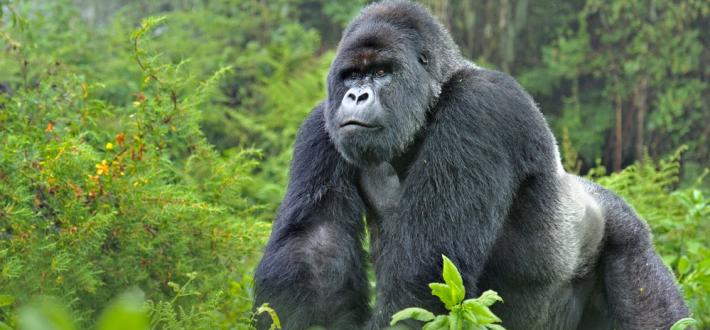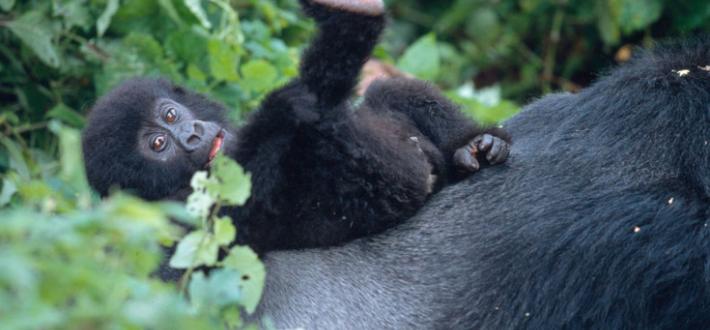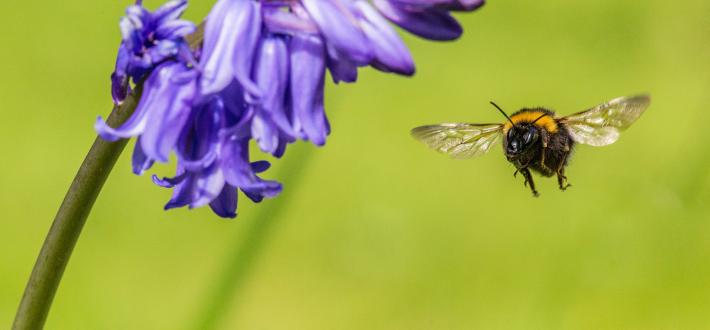On this day we celebrate Gorillas!
To coincide with World Gorilla Day, we’d like to invite you to get to know more about these amazing apes.

© Rukundo Olivier / IGCP
Forest findings: Latest from the great gorilla count
Would you accept the challenge of surveying an entire forest – on foot – searching for signs of mountain gorillas? On 21 April, teams entered in Bwindi Impenetrable Forest National Park to do just that.

© naturepl.com / Andy Rouse / WWF
Learn about gorillas

© naturepl.com / Eric Baccega / WWF





